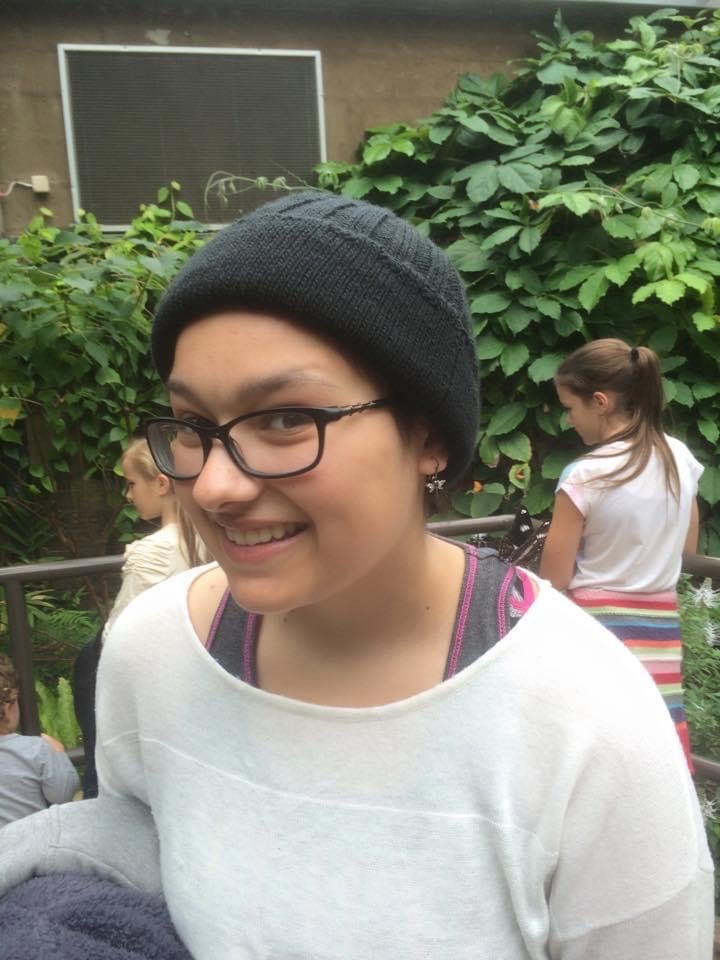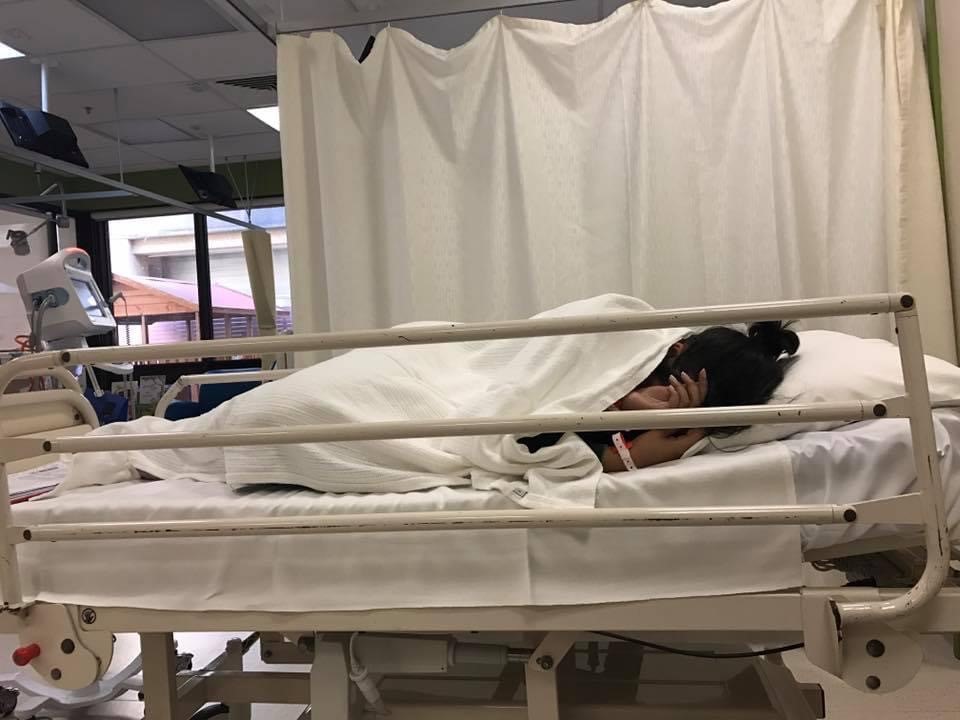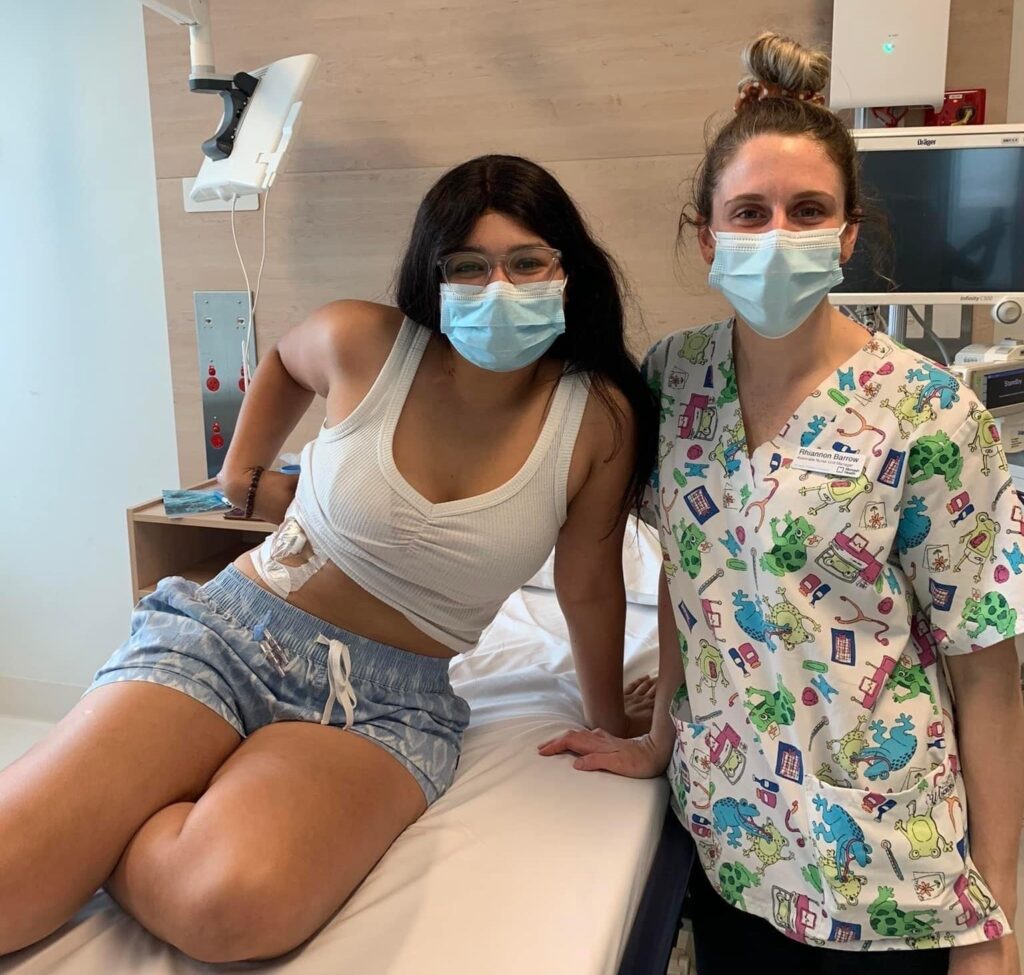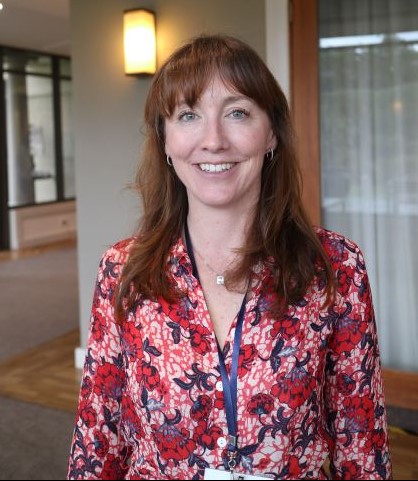
05/06/2023
Children's Cancer Foundation

Taylah was nearing the end of year 9, she was into sport, boys, gossiping and shopping. Like most teenagers, she enjoyed being around her friends.
“I remember having to sit down at assembly because I couldn’t stand for that long, I remember my GP telling me that I was “depressed” and under too much pressure from school. I wasn’t myself, but I wasn’t experiencing super abnormal symptoms.”
At only 14 years-of-age, Taylah was diagnosed with Acute Lymphoblastic Leukaemia.
For the next 2.5 years, year 9 to year 12, Taylah was treated with chemotherapy and numerous other drugs. Cancer therapy meant that she couldn’t play sports and social events were cancelled.
She suffered nausea, ice-cold headaches and the feeling of bruising all over her body due to her treatments.

An anaphylactic reaction to another drug, caused Taylah to stop breathing.
The mental and emotion burden was extremely difficult. When looking in the mirror she didn’t see herself anymore.
At the completion of Taylah’s treatments, she took a year off study to travel. She was only a week away from her 5-year cancer free mark, when doctors biopsied a lump in Taylah’s breast – it was leukaemia.
“It was really difficult the second time because I knew what I was in for – it was really traumatic and distressing”.

For Taylah’s family, it was similarly traumatic living it all again. Her siblings were older and they understood not only that she was going through horrible treatments in hospital, but also that she could die.
Brilliant minds, like those of Associate Professor Rachel Conyers, are currently at work, leading research to determine the best drugs and doses to use on children and adolescents to avoid adverse effects.

Associate Professor Rachel Conyers is leading a type of testing called Pharmaco-genomics, which explores how genes influence a person’s response to drugs. In addition studying rare serious toxicities that cause unacceptable long term side effects and impact quality of life in survivors.
“Sadly, 60% of paediatric oncology patients experience side effects from medications during their cancer therapies.”
“Our hope is to reduce deaths from cancer therapies during treatment and long-term quality of life impacts from patients who suffer life-long health issues as a result of their treatment.”